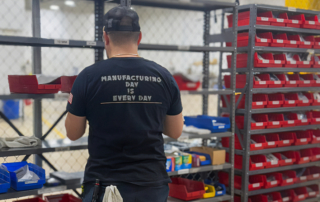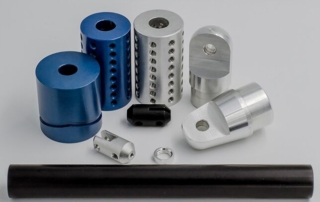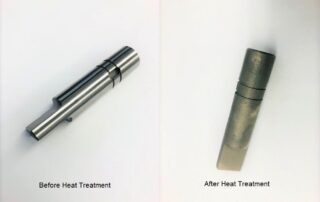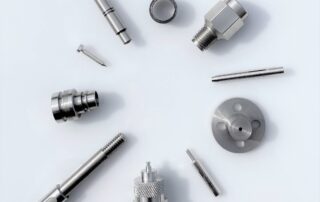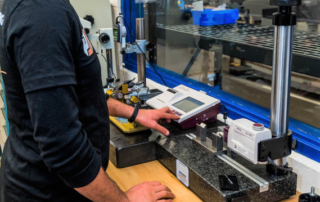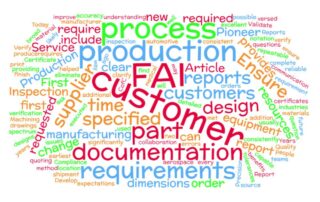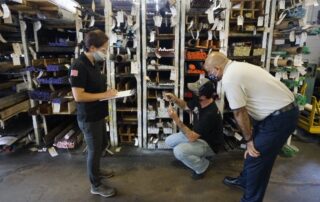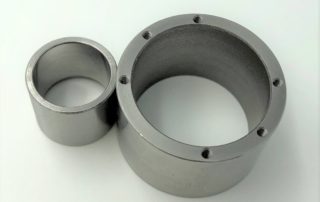Standardized Tooling in a CNC Swiss Machine Shop
Standardizing the tooling used in a CNC Swiss precision machine shop offers several significant benefits that contribute to improved efficiency, cost savings, and enhanced overall operations. Here are some key advantages of standardizing tooling that we have found at Pioneer Service: Detailed Tool Management: For every single part [...]



